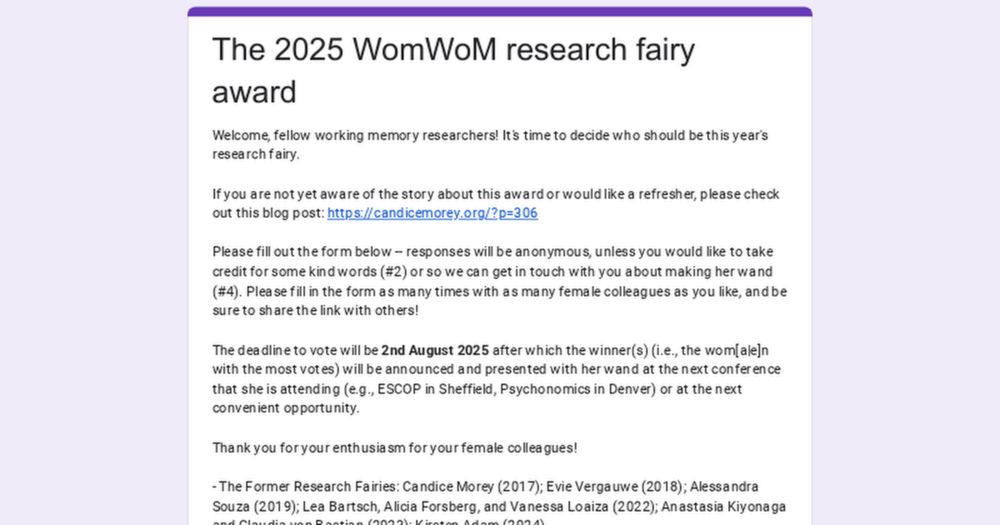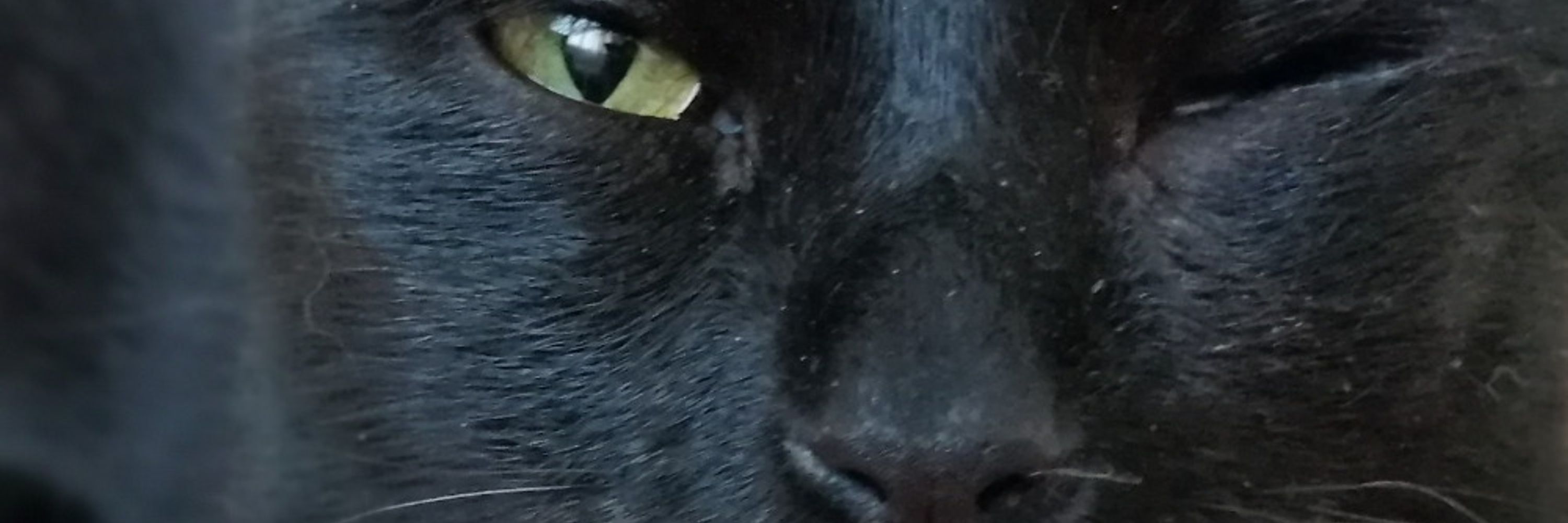
The University of Akureyri is seeking a specialist in psychology. Applicants from all areas of psychology are welcome to apply.


Rachel Denison (Department of Psychological & Brain Sciences, Boston University) - "Attentional Distortions of Subjective Perception"
sites.google.com/view/mit-con...

Rachel Denison (Department of Psychological & Brain Sciences, Boston University) - "Attentional Distortions of Subjective Perception"
sites.google.com/view/mit-con...
Link to paper: doi.org/10.1167/jov....
1/11
Link to paper: doi.org/10.1167/jov....
1/11
Apply through the ELLIS PhD program (dl October 31) ellis.eu/news/ellis-p...

Apply through the ELLIS PhD program (dl October 31) ellis.eu/news/ellis-p...
doi.org/10.31234/osf...
Here, we ask whether the key limits of working memory - load and retention interval - are independent, or do they interact? Despite years of research, this question is still much debated.
#psychscisky #neuroskyence 1/6
doi.org/10.31234/osf...
Here, we ask whether the key limits of working memory - load and retention interval - are independent, or do they interact? Despite years of research, this question is still much debated.
#psychscisky #neuroskyence 1/6
In the meantime, if you missed our target article, it's available here:
www.cambridge.org/core/journal...
In the meantime, if you missed our target article, it's available here:
www.cambridge.org/core/journal...
doi.org/10.31234/osf...
Here, we ask whether the key limits of working memory - load and retention interval - are independent, or do they interact? Despite years of research, this question is still much debated.
#psychscisky #neuroskyence 1/6
doi.org/10.31234/osf...
Here, we ask whether the key limits of working memory - load and retention interval - are independent, or do they interact? Despite years of research, this question is still much debated.
#psychscisky #neuroskyence 1/6
www.theguardian.com/society/2025...

www.theguardian.com/society/2025...

Reach out if you are interested in any of the above, I'll be at CCN next week!
Reach out if you are interested in any of the above, I'll be at CCN next week!
🧠💫🔊 We are looking for postdocs interested in the abstract mechanisms underlying social cognition. Modelling, fMRI and non-invasive ultrasound, a new deep-brain stimulation method.
Please RT
www.ucl.ac.uk/work-at-ucl/...
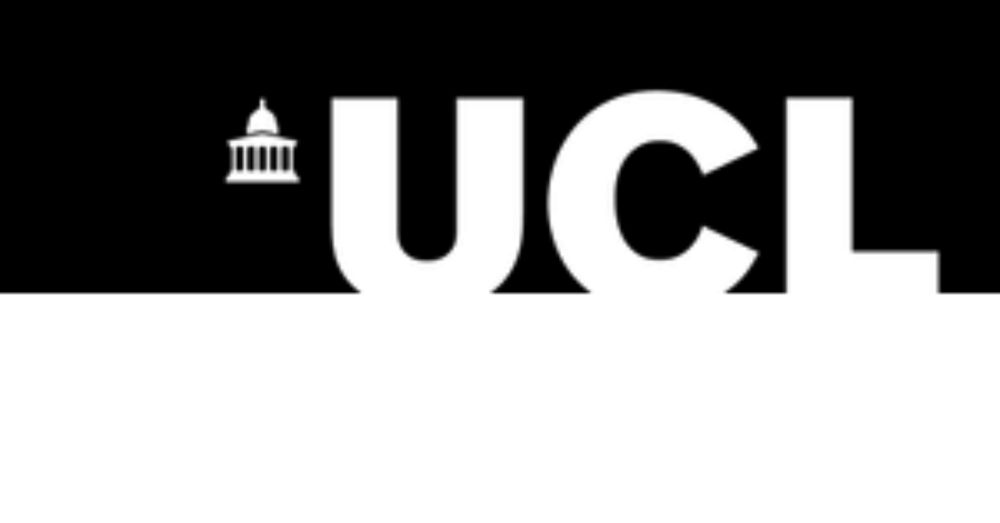
🧠💫🔊 We are looking for postdocs interested in the abstract mechanisms underlying social cognition. Modelling, fMRI and non-invasive ultrasound, a new deep-brain stimulation method.
Please RT
www.ucl.ac.uk/work-at-ucl/...
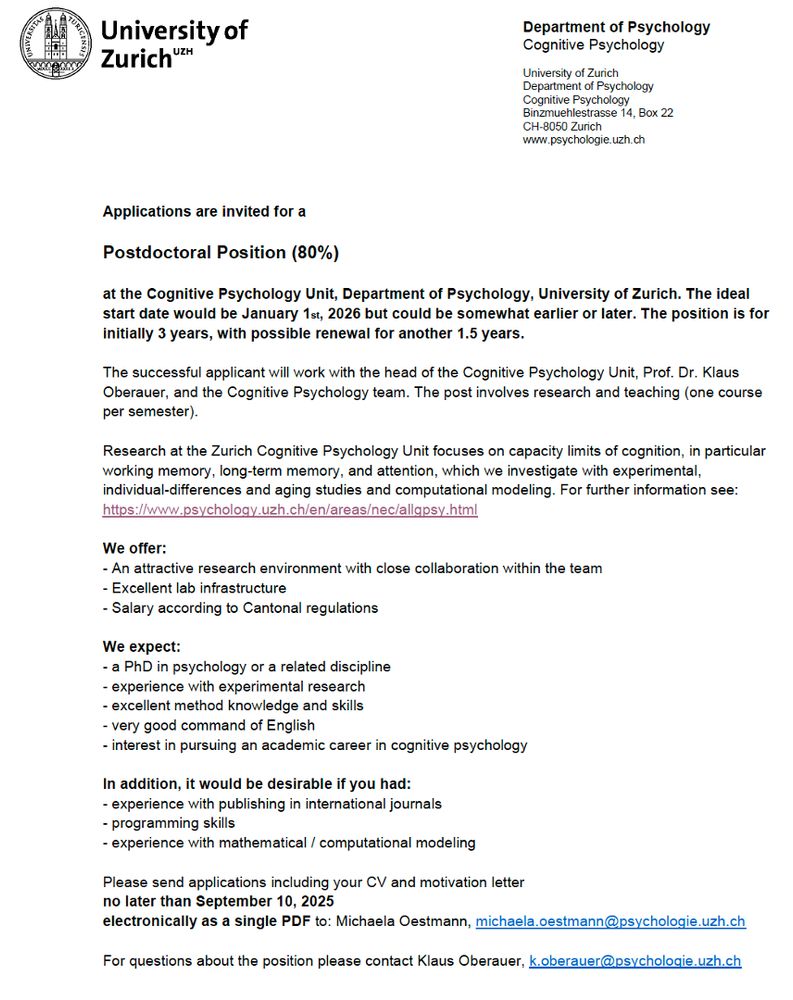
doi.org/10.1037/xge0...
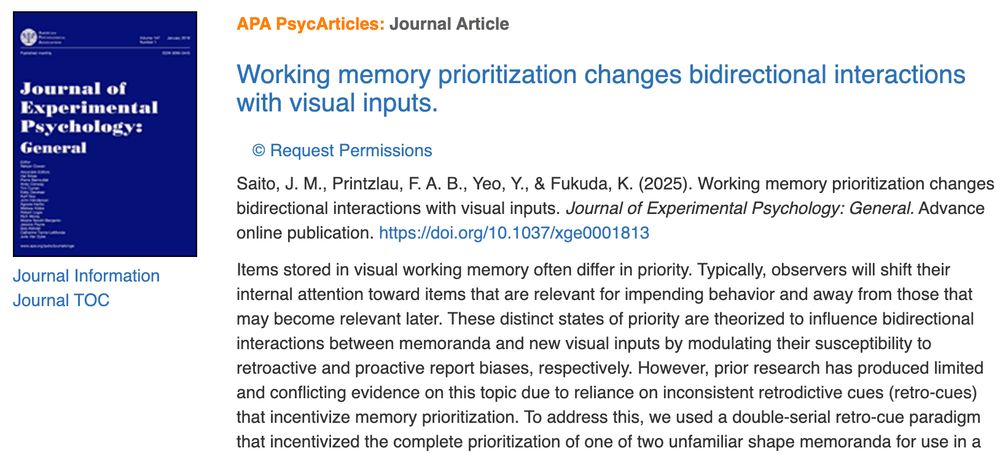
doi.org/10.1037/xge0...
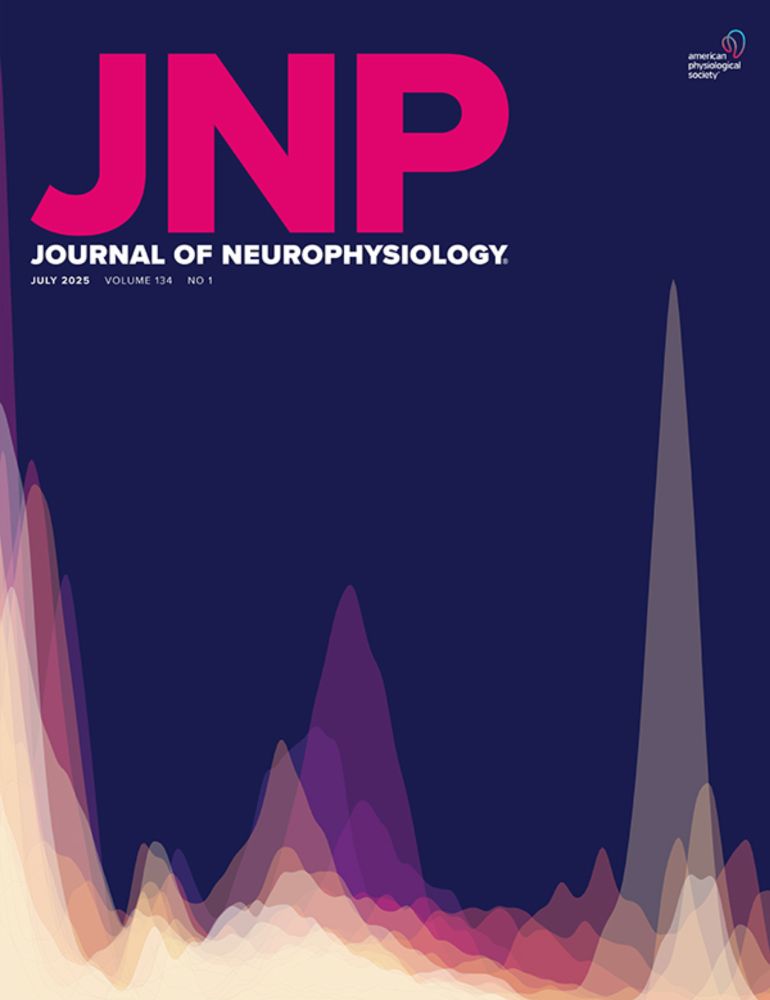
authors.elsevier.com/sd/article/S...

authors.elsevier.com/sd/article/S...
#WMS25 is coming up next week! Join us for 4 days of cutting-edge science, featuring amazing work by #ECRs.
✅ No registration – join our Slack and tune in via Zoom!
👉 More info: www.wmsymposium.org
If you’re interested in WM, this is the event you can’t miss!
